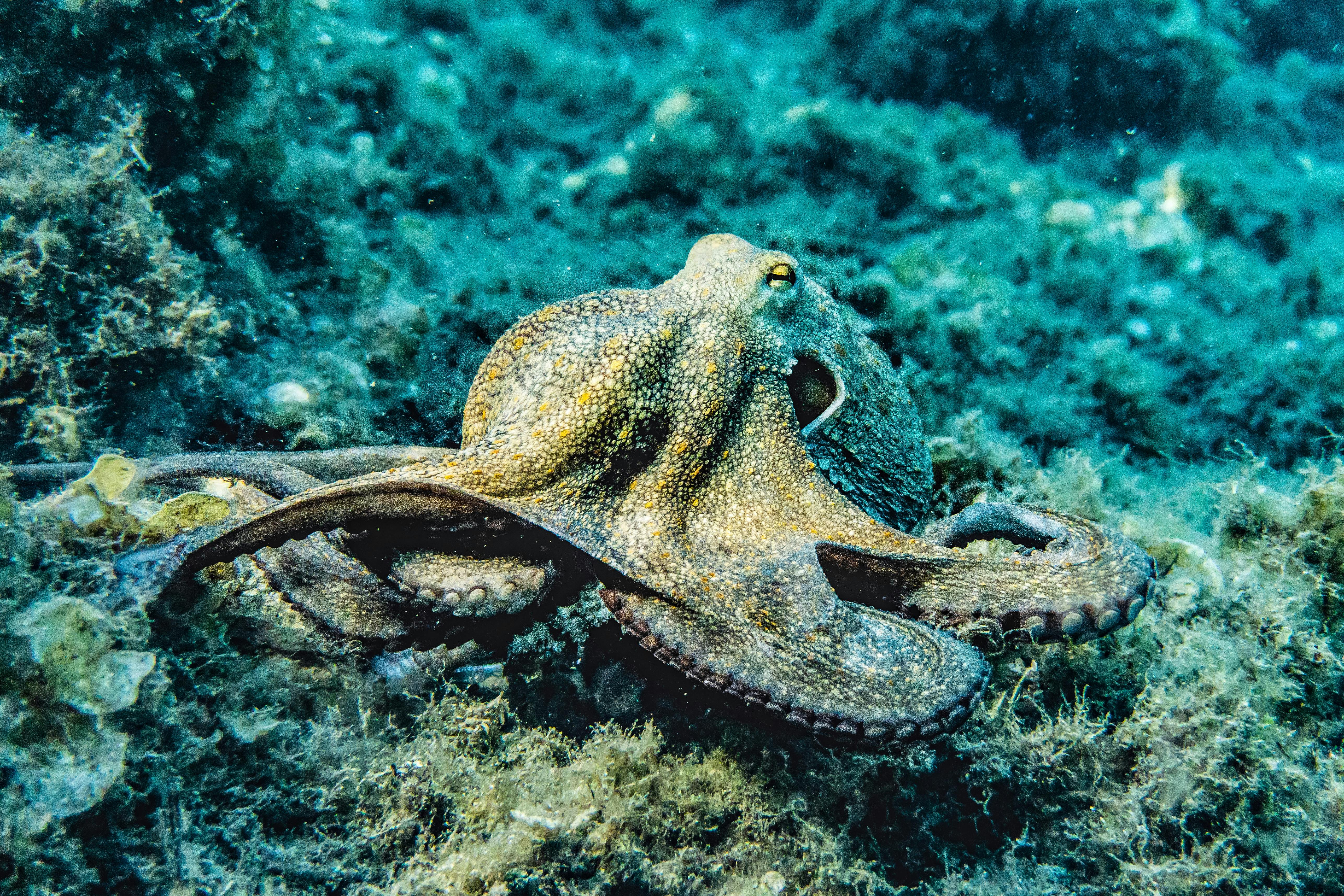The Intriguing World of Octopuses and Their Remarkable Cognitive Abilities
The animal kingdom is full of fascinating creatures, each with their unique traits and capabilities. One such captivating species is the octopus, renowned for its remarkable cognitive abilities. This article delves into the world of these intriguing marine animals, exploring their intelligence, behaviors, and the latest research findings on these subjects.

Understanding the Octopus: A Brief Background
Octopuses are cephalopods, a class of marine animals that also includes squid and cuttlefish. They are known for their distinctive body structure, including a soft, flexible body, eight arms lined with suckers, and a beaked mouth. However, it is their intelligence that truly sets them apart. Octopuses have been observed performing complex tasks, such as opening jars to access food and using tools for protection, indicating a cognitive capacity that rivals many terrestrial animals.
The octopus’s intelligence is believed to have evolved to help it survive in its challenging marine environment, where it faces numerous predators and must adapt to varying conditions. Its brain, which is proportionally larger than those of most other invertebrates, plays a critical role in this.
Unraveling the Octopus Brain: Key Developments
The octopus brain is highly complex, with around 500 million neurons – a similar number to a dog. Interestingly, two-thirds of these neurons are located in their arms, which can independently taste and touch. This decentralized nervous system allows octopuses to perform intricate tasks and react quickly to their surroundings.
Research has also revealed that octopuses exhibit both short-term and long-term memory. They can learn through observation and demonstrate problem-solving abilities, indicating a level of consciousness previously believed to be exclusive to higher mammals.
Latest Discoveries: What’s New in Octopus Research
Recent studies have shed new light on the cognitive abilities of octopuses. In a groundbreaking experiment conducted in 2021, octopuses were given the party drug MDMA, colloquially known as ecstasy. The results showed that under the influence of the drug, octopuses became more social and engaged more with each other, suggesting that they have the capacity for complex emotional responses.
Another recent finding involves octopuses’ ability to alter their RNA – a process known as RNA editing. This phenomenon allows them to adapt their nervous system to changes in their environment, offering a potential explanation for their remarkable intelligence and behavioral flexibility.
Market Impact: Octopuses in the Pet Trade
While their intelligence might make octopuses seem like appealing pets, owning one comes with significant challenges and ethical considerations. They require specialized care and large tanks, making them expensive to keep. Additionally, their short lifespan – typically 1 to 2 years – can be a deterrent for potential owners.
Despite these challenges, there is a niche market for pet octopuses, particularly in the United States. However, the impact on wild populations and the animals’ welfare has raised concerns among conservationists and animal welfare advocates.
The Fascination Continues
The octopus continues to captivate scientists, pet enthusiasts, and the general public alike with its enigmatic intelligence and behaviors. As we continue to delve into this creature’s remarkable cognitive capabilities, we gain not only a greater understanding of octopuses but also broader insights into animal intelligence and consciousness. It is a testament to the wonders of the natural world and the diverse array of cognitive abilities it holds.






